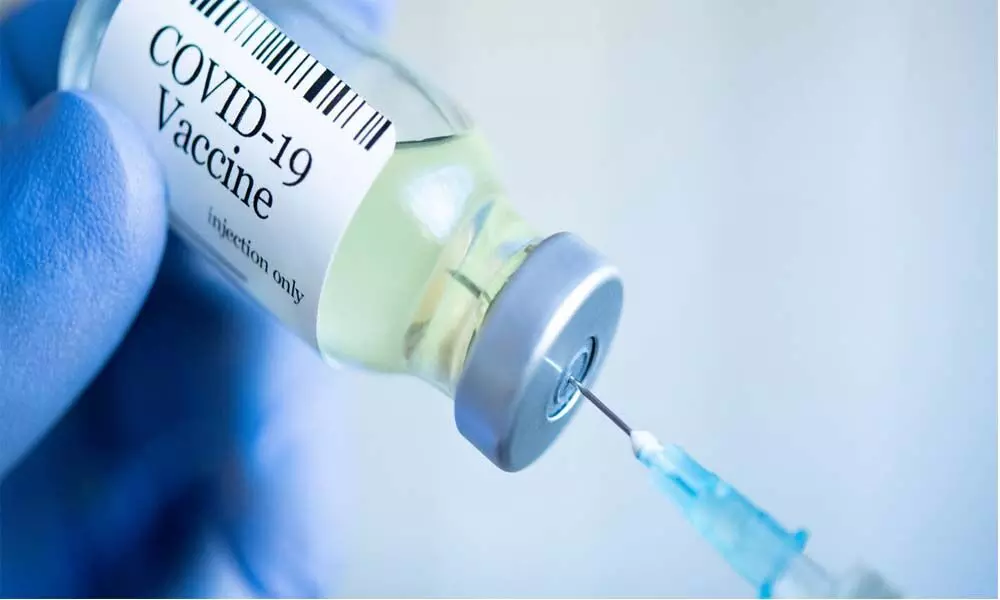Mixing Covid vaccine doses safe, can raise side effects: Lancet

Covid vaccine
Mixing Covid-19 vaccine doses -- second dose from a different brand than the first -- is safe, but may present more frequent mild side-effects such as a headache, chills or a fever, showed results of a preliminary study published in the Lancet.
London: Mixing Covid-19 vaccine doses -- second dose from a different brand than the first -- is safe, but may present more frequent mild side-effects such as a headache, chills or a fever, showed results of a preliminary study published in the Lancet.
The study led by University of Oxford researchers, earlier this year, began to investigate the effect of alternate doses of the Oxford-AstraZeneca vaccine and the Pfizer vaccine.
The team examined more than 800 adults aged 50 and over who had received mixed vaccine doses at a four-week interval.
When given at a four-week interval, both of the 'mixed' schedules (Pfizer-BioNTech followed by Oxford-AstraZeneca, and Oxford-AstraZeneca followed by Pfizer-BioNTech) induced more frequent reactions following the 2nd, 'boost' dose than the standard,'non-mixed' schedules.
However, the adverse reactions were short lived and there were no other safety concerns, the researchers said.
"The results from this study suggest that mixed dose schedules could result in an increase in work absences the day after immunisation, and this is important to consider when planning immunisation of healthcare workers," Matthew Snape, Associate Professor in Paediatrics and Vaccinology at the varsity.
"Importantly, there are no safety concerns or signals, and this does not tell us if the immune response will be affected. We hope to report these data in the coming months," added Snape, who is also the Chief Investigator on the trial.
The data on the vaccines' efficacy, when administered in this way, is expected to be published in June.
The ongoing study will also assess whether early and regular use of paracetamol reduces the frequency of these reactions.
They also noted that as the study data was recorded in participants aged 50 and above, there is a possibility such reactions may be more prevalent in younger age groups.














